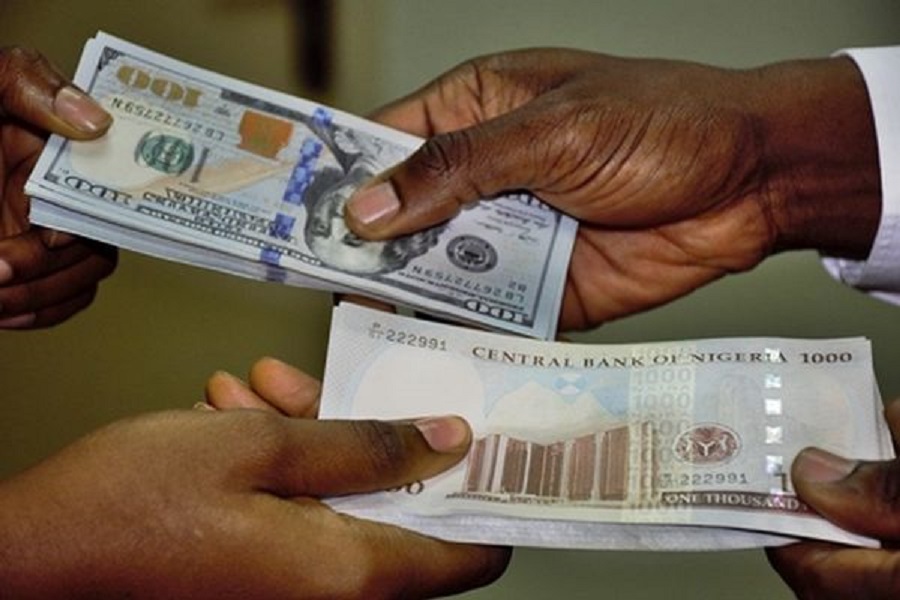By: Goodluck E. Adubazi, Abuja.
The diplomatic temperature between Nigeria and the United States rose sharply yesterday following a fresh designation of Nigeria as a Country of Particular Concern (CPC) by former US President Donald Trump, amid a raft of legislative measures and possible military options being weighed by Washington.
According to a United Nations military brief cited by the US Department of Defense, the Pentagon has identified three operational strategies—a light option, drone airstrikes, and a heavy engagement plan—as part of contingency frameworks to tackle insurgent activities in Nigeria should the situation deteriorate further.
This development comes as the US Congress unveiled two major bills seeking to impose visa bans, asset freezes, and direct sanctions on individuals and organizations accused of violating religious freedom in Nigeria.
A member of the US House of Representatives, Christopher Smith, on Tuesday introduced a bill that specifically names the Miyetti Allah Cattle Breeders Association of Nigeria (MACBAN) and the Miyetti Allah Kautal Hore as entities implicated in religiously motivated violence and persecution of minority faiths, particularly Christians.
The proposed legislation, tagged the Nigeria Religious Freedom Accountability Act of 2025, seeks to classify the two associations under the Entities of Particular Concern (EPC) category of the US International Religious Freedom Act, alongside “Fulani Ethnic Militias” operating in Benue and Plateau States.
Under the bill, those linked to such groups could face visa restrictions, asset freezes, and travel bans, while the US government would also be empowered to withhold certain categories of foreign aid to Nigeria pending verifiable improvements in human rights and religious freedom protections.
US Senator Ted Cruz and Congressman Christopher Smith are spearheading the congressional push, calling for targeted humanitarian assistance to internally displaced persons (IDPs) in Nigeria’s Middle Belt and direct support to faith-based relief agencies.
Cruz, who reintroduced the Nigeria Religious Freedom Accountability Act of 2025, accused the Nigerian government of failing to curb the “genocidal violence” against Christians and other minority groups.
“President Donald J. Trump acted appropriately and decisively to redesignate Nigeria as a CPC and to hold its government accountable for complicity in the persecution of Christians by radical Islamists such as Boko Haram and Fulani extremists,” Smith declared while presenting the bill.
Humanitarian Aid, Foreign Assistance Now Conditional
The bill also recommends that all US foreign assistance, including global health and development funding, be conditioned on Nigeria’s immediate actions to:
End religiously motivated attacks,
Prosecute perpetrators of violence,
Support displaced communities, and
Uphold constitutional guarantees of freedom of religion.
It further calls for a long-term strategic partnership to promote peace and stability in Nigeria’s troubled regions, stressing that the Nigerian government must demonstrate tangible commitment to ending sectarian killings.
Following the CPC redesignation, former President Donald Trump warned that Washington “would not stand idly by” if Nigeria’s leadership failed to protect its Christian population from ongoing persecution.
Trump reportedly told congressional allies that military intervention remained “on the table,” should diplomatic and economic measures fail to compel action from Abuja.
As the debate gathers steam in Washington, diplomatic observers fear that the escalating rhetoric could strain bilateral relations, especially as Nigeria continues to grapple with terrorism, banditry, and ethno-religious conflict in several parts of the country.













